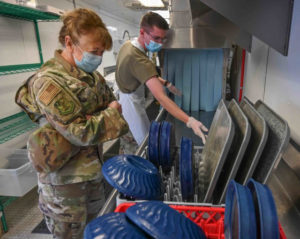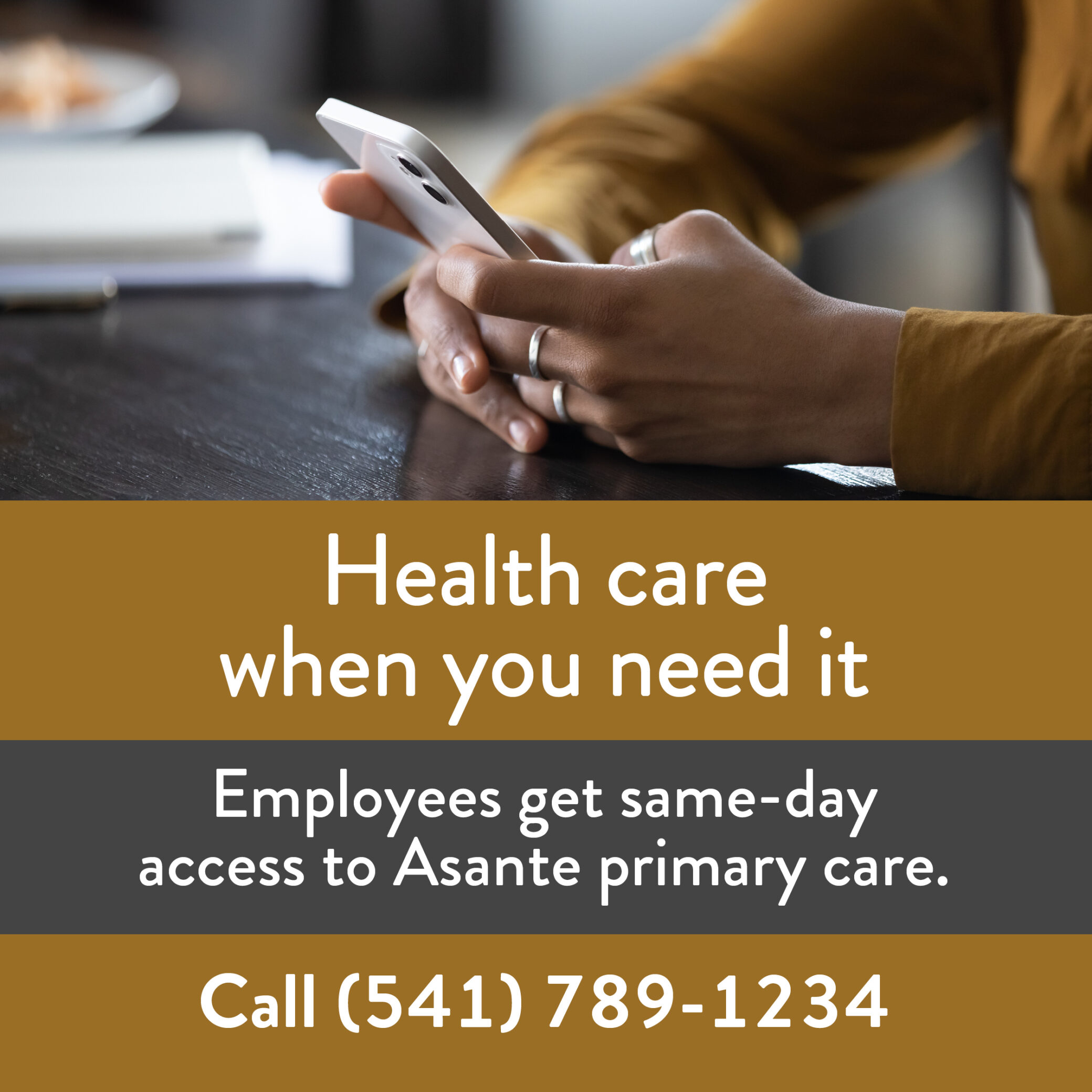Share:
Retired from regular medical practice, Barry Egener, MD, wanted to continue his work helping his colleagues avoid job burnout and improve their well-being. When offered a part-time role to help build APP’s physician well-being program, the former New Yorker and his wife, Teresa, decided the Rogue Valley would be a good place to call home.
Since his arrival, he has helped educate physicians on preventing burnout. Working with Chief Medical Officer Jamie Grebosky, MD, Dr. Egener is now part of a systemwide team that aims to promote resilience and well-being for all Asante employees.
How did you learn about this role and why did you decide to take it?
While in Portland, I had done consulting for numerous health systems and had the opportunity to work with Asante. Asante was the perfect size health system for me to do the kind of work I envisioned for after stopping direct patient care — big enough to have an impact in the regional community and small enough to be nimble in the creation of new programs. A big plus was that our family had been drawn to this area annually for its outdoor and cultural attractions. It was fun to co-create this part-time position with Asante leadership.
What does the job entail?
Initially it was conceived as equal parts communication training, provider coaching and well-being work. As it has evolved and COVID has altered the health system’s needs, the job has morphed into 90% well-being work. Initially we focused well-being activities on Asante Physician Partners providers. Recently, we have expanded it to include all APP staff. But what I’m most excited about is our current initiative to expand the program to all Asante providers and staff. It’s my firm belief that all employees need to be involved to create a culture that promotes personal and professional well-being.
What are some common misconceptions about professional burnout?
The most important one is that burning out is a personal failing, that if one were only “stronger” they would not burn out. This creates a stigma that prevents people from seeking the help they need to thrive.
Another is that it is like depression. Depression is a clinical diagnosis and is global, present wherever you are. But burnout is a work experience. One can be happy and thriving in one’s outside life but burned out at work.
What is the most important thing people can do to prevent burning out or improve their well-being?
It’s a matter of self-awareness and commitment to take care of yourself. The hallmark symptoms are emotional fatigue, not treating people the way you feel good about and cynicism about the impact of your work. We have a questionnaire![]() one can take to determine if they’re experiencing burnout. Asante’s Wellness Program
one can take to determine if they’re experiencing burnout. Asante’s Wellness Program![]() page has other resources to help.
page has other resources to help.
What role should employers play to reduce burnout?
Although individuals have a responsibility to take care of themselves and promote their own well-being, it is the employer’s responsibility to minimize the work contributors they have control over. Obviously some factors, like COVID, are beyond the control of either. It turns out that system interventions are twice as powerful as individual actions in reducing burnout.
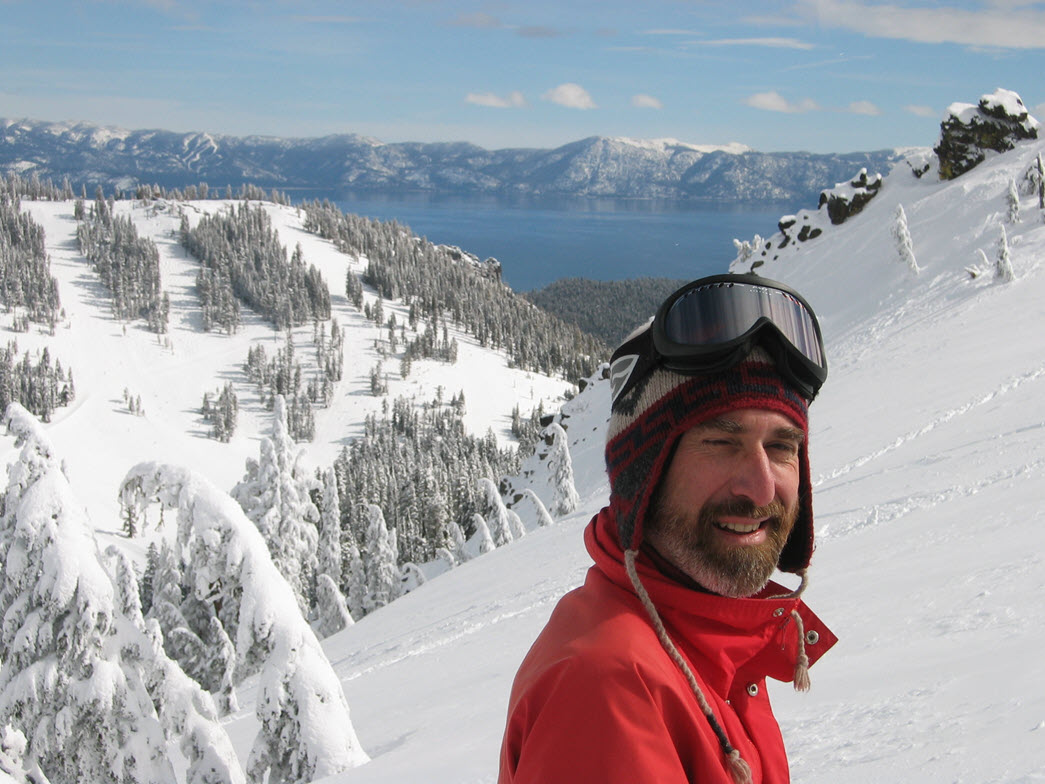
What made you choose this particular path in medicine?
It was really a gradual evolution. There’s something very satisfying about the connection with another person that leads to healing. In this part of my career, I’ve shifted that focus from my patients to my colleagues.
If you could solve one chronic health problem, what would it be?
That’s a tough one — there are so many. But it prompts me to look at the world and notice that most chronic health problems have social origins. Right now I worry that physical safety and food insecurity will accelerate due to climate change.
Who had the most influence on your life and why?
Honestly, my mother. Through her I developed the capacity to form deep connections, which is the prerequisite for my current work.
What is your personal self-care routine?
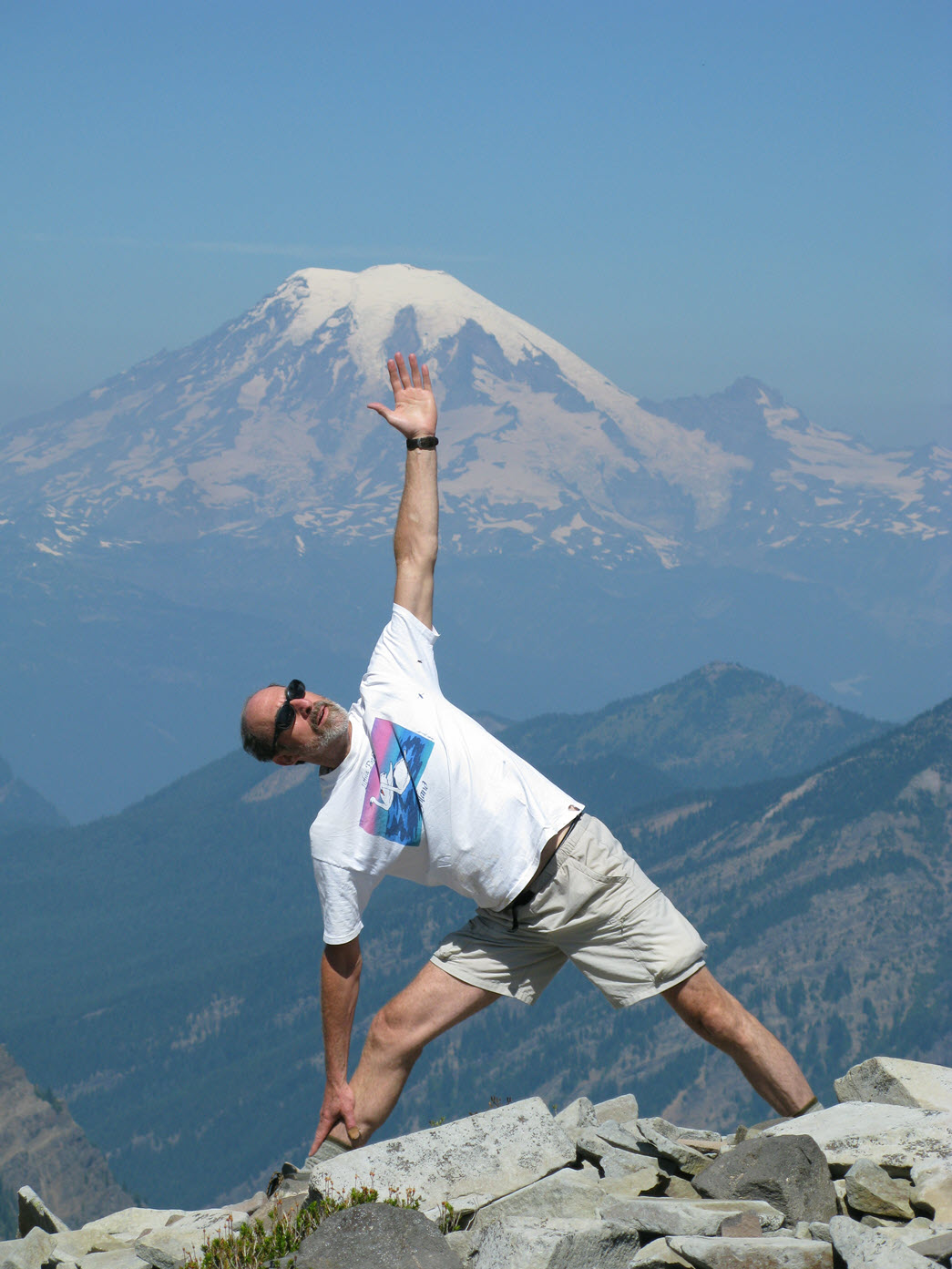 Heavy on exercise: regular swimming, weights and yoga, with hiking, skiing or biking to substitute. But time to enjoy the spectacular place where we live with family and friends is an important balance.
Heavy on exercise: regular swimming, weights and yoga, with hiking, skiing or biking to substitute. But time to enjoy the spectacular place where we live with family and friends is an important balance.
What’s the funniest movie you ever saw?
Woody Allen’s: “Everything You Always Wanted to Know About Sex* (*But Were Afraid to Ask)”
If you could have dinner with one historical figure, who would it be and why?
William Shakespeare. His life is a bit murky, and it’s a mystery to me how he encapsulated all life’s important issues and human relationships in his work. Maybe I could glean a hint over bread and wine.
What work of art changed your perception of something?
Reading “Romeo and Juliet” in high school and then again as a parent showed me how much the “truth” can shift depending on your point of view.
What’s your guilty pleasure?
Eating pizza twice a day when I’m in NYC.
Favorite music: The Beatles
Hobbies: Skiing
What’s the wisest thing anyone has ever told you?
Here are two, and you may notice that they are a bit contradictory. From my training: When confronted with “either/or” thinking, try to hold the tension of “both/and.” From my mother: When confronted with a decision you have to make, imagine you have already made it and notice how you feel, with both options.
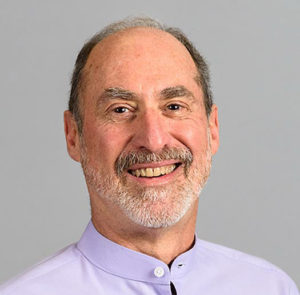
BARRY EGENER, MD
Professional history
- Currently Asante Professionals Wellness lead
- Past roles: faculty, Legacy Health Internal Medicine Training Program; inpatient and outpatient internist, Portland; medical director, The Foundation for Medical Excellence, Portland
Education
- Medical degree, Weill Cornell Medical College; New York
- Residency and internship, Oregon Health & Science University; Portland
Family
- Wife, Teresa; sons Evan and Max
Home
- Ashland
If you have a question, please contact the author or relevant department directly.

